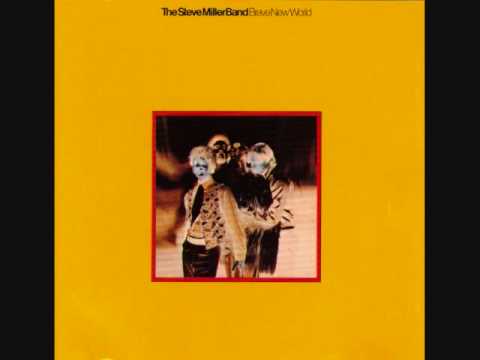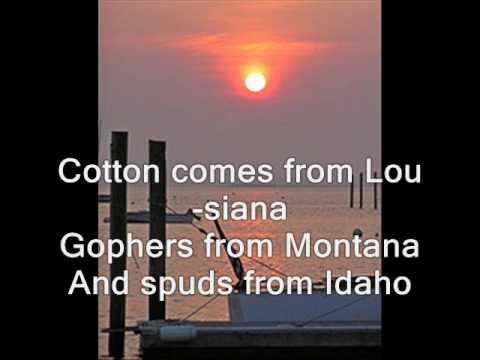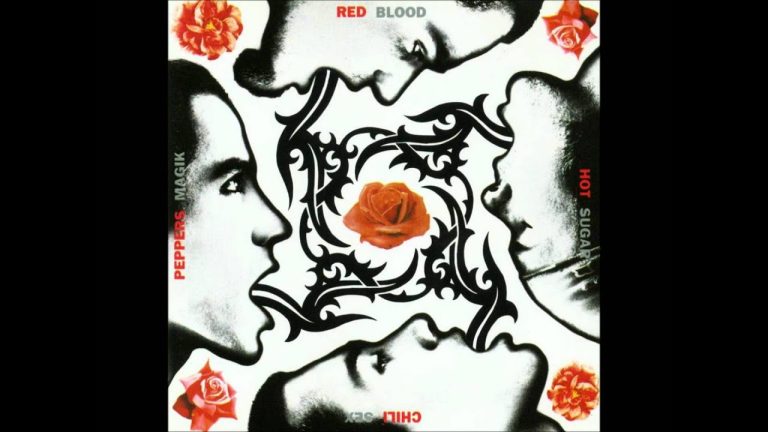Life’s a Lesson (1993)
It was amazing — he played the few jazz videos that would never get airplay on sister MTV (stuff like Donald Fagen’s New Frontier; Pat Metheny’s Are You Going With Me? and Weather Report’s Procession).
I taped the program as often as I could — I still marvel at the impromptu 15-minute jam with just Dizzy Gillespie and Joe Williams. He showcased some of the best talent in jazz on the show.
**
Sidran went to the Univ. of Wisconsin, earning a degree in English lit in 1966. He had been in a band with Steve Miller and Boz Scaggs, and when they set off for Hollywood, Sidran stayed behind to get his PhD in Sussex, England. When he had a bit of free time, he sessioned with the likes of Clapton, the Stones, and Frampton.
He then joined Miller for good, playing keyboards and writing songs, including the hit song Space Cowboy (1969).
In 1993, a long, difficult journey culminated in Life’s a Lesson.
Bob Berg
Randy Brecker
Eddie Daniels
Debra Dobkin
Gil Goldstein
Danny Gottlieb
Steve Khan
Carole King
Lee Konitz
Howard Levy
David Liebman
Mike Mainieri
Bob Mintzer
Andy Narrell
Josh Redman
Mike Richmond
David Rivkin
Haim Sharum
Lou Soloff
Jeremy Steig
Go to Source
Author: Lewis Saul



